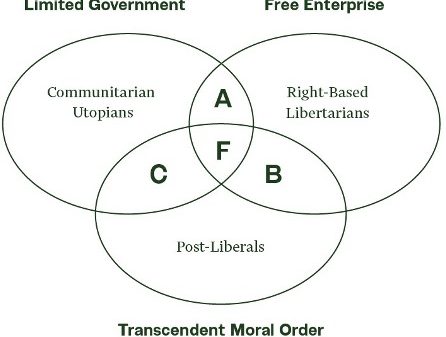Public debt, sometimes called government debt, is money borrowed by governments. Like all debt, public debt finances spending today by borrowing on the promise to repay what is borrowed in the future with interest. Richard E. Wagner, an economist who has studied the borrowing of money by governments, explains the process of government borrowing by noting that democratic governments act as financial intermediaries, bringing together lenders and borrowers, “some willingly and others forcibly.” He observes that those willing to borrow are those who want greater spending today for their preferred programs despite a lack of current resources, while those who are forced would prefer lower taxes in the future over government programs today.
Public debt is not a new phenomenon. Governments and rulers in nearly every civilization have taken on public debt to finance large government projects, especially war and infrastructure. The rise of commercial society and the wealth it spawned made it easier for those in government to borrow money to finance spending of all sorts. As the merchant class became wealthier, the government found a growing pool of lenders who were happy to lend to the government with the promise of being paid back with interest. Writing in 1776, Adam Smith noted,
The government of [a commercial state of society] is very apt to repose itself upon this ability and willingness of its subjects to lend it their money on extraordinary occasions. It foresees the facility of borrowing, and therefore dispenses itself from the duty of saving.
Smith’s observation describes the current circumstances faced by the United States government. At all levels of government, willing lenders are happy to lend money and buy US Treasury securities and municipal bonds, allowing federal, state, and local governments to fund spending today by promising to pay in the future. This Explainer looks at that public debt, its impact on taxpayers, and what, if anything, can be doneto mitigate the scope and impact of that debt.
Read the full Explainer:
Explainer_UPDebt

























